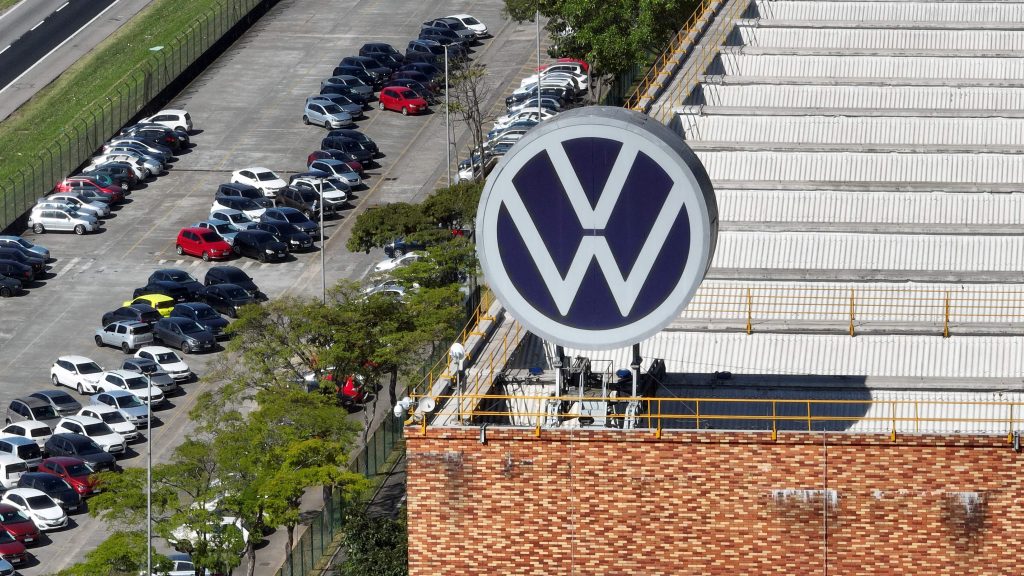Volkswagen To Ramp Up Solid-State Battery Production In QuantumScape Deal

Volkswagen will massively ramp up production of solid-state batteries developed with U.S. startup QuantumScape, both companies said on Thursday, as the German carmaker aims to bring the technology into more vehicles.
Under an agreement announced on Thursday, Volkswagen’s battery unit PowerCo will receive the licence to mass-produce battery cells based on QuantumScape technology, pending technological progress and certain royalty payments, they said.
The deal replaces an earlier joint venture between the two companies, Volkswagen said. Volkswagen owns 17% in QuantumScape, according to its annual report, a stake that is currently worth $459 million.
Under the agreement, Volkswagen’s battery unit PowerCo can manufacture up to 40 gigawatt-hours (GWh) per year using the QuantumScape technology, with an option to expand to 80 GWh, which is enough to equip approximately 1 million vehicles annually, they said.
Solid-state batteries can hold more energy than current liquid electrolyte batteries. Automakers and analysts expect them to speed transition to EVs by addressing their often limited range, which remains a major consumer concern.
“QuantumScape’s technology is poised to enter a pivotal stage where PowerCo’s specialized expertise, resources and global factories can help facilitate the transition to industrial-scale production,” said PowerCo CEO Frank Blome.
The companies will target a product that will be scaled-up for integration into a Volkswagen Group vehicle series.
The agreement supersedes a joint venture between the two companies to co-manufacture batteries that was founded in 2018.
(Reporting by Christina Amann; Writing by Miranda Murray; Editing by Christoph Steitz and Madeline Chambers)




